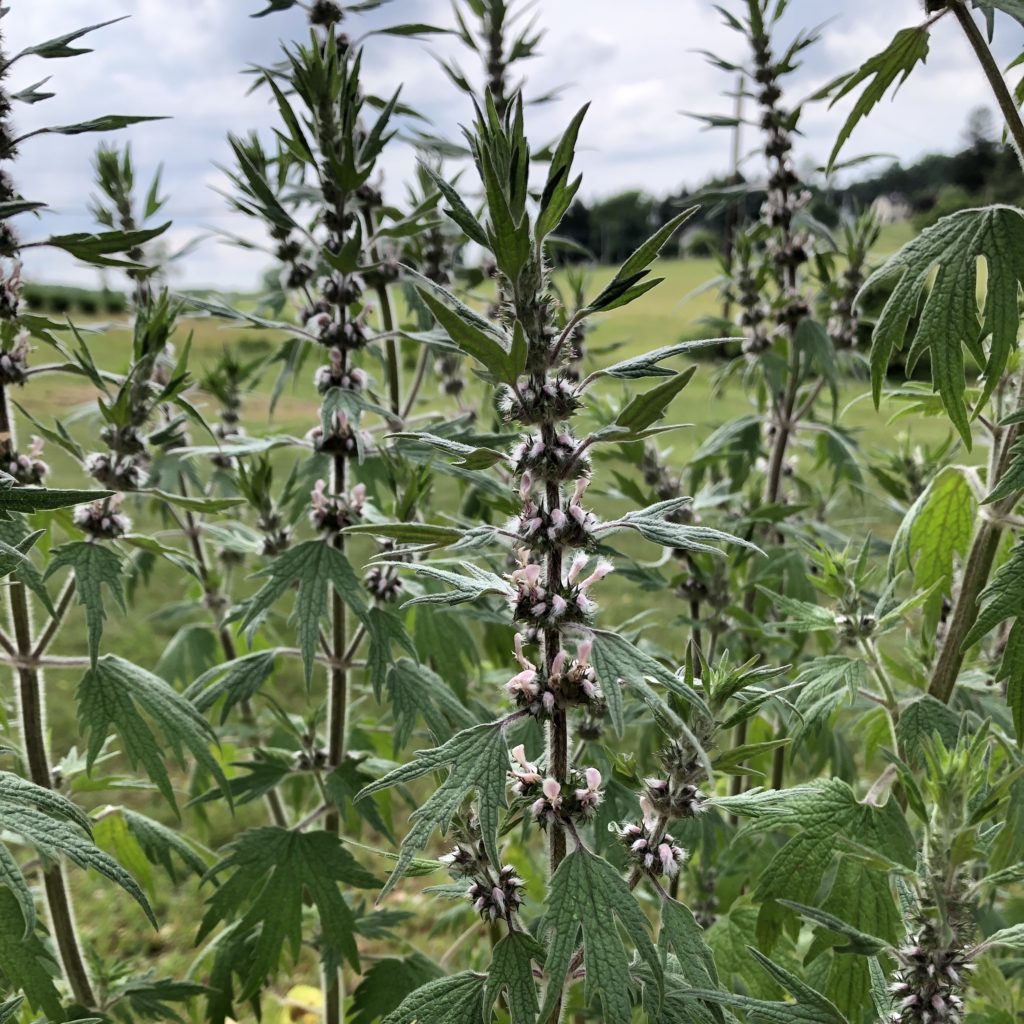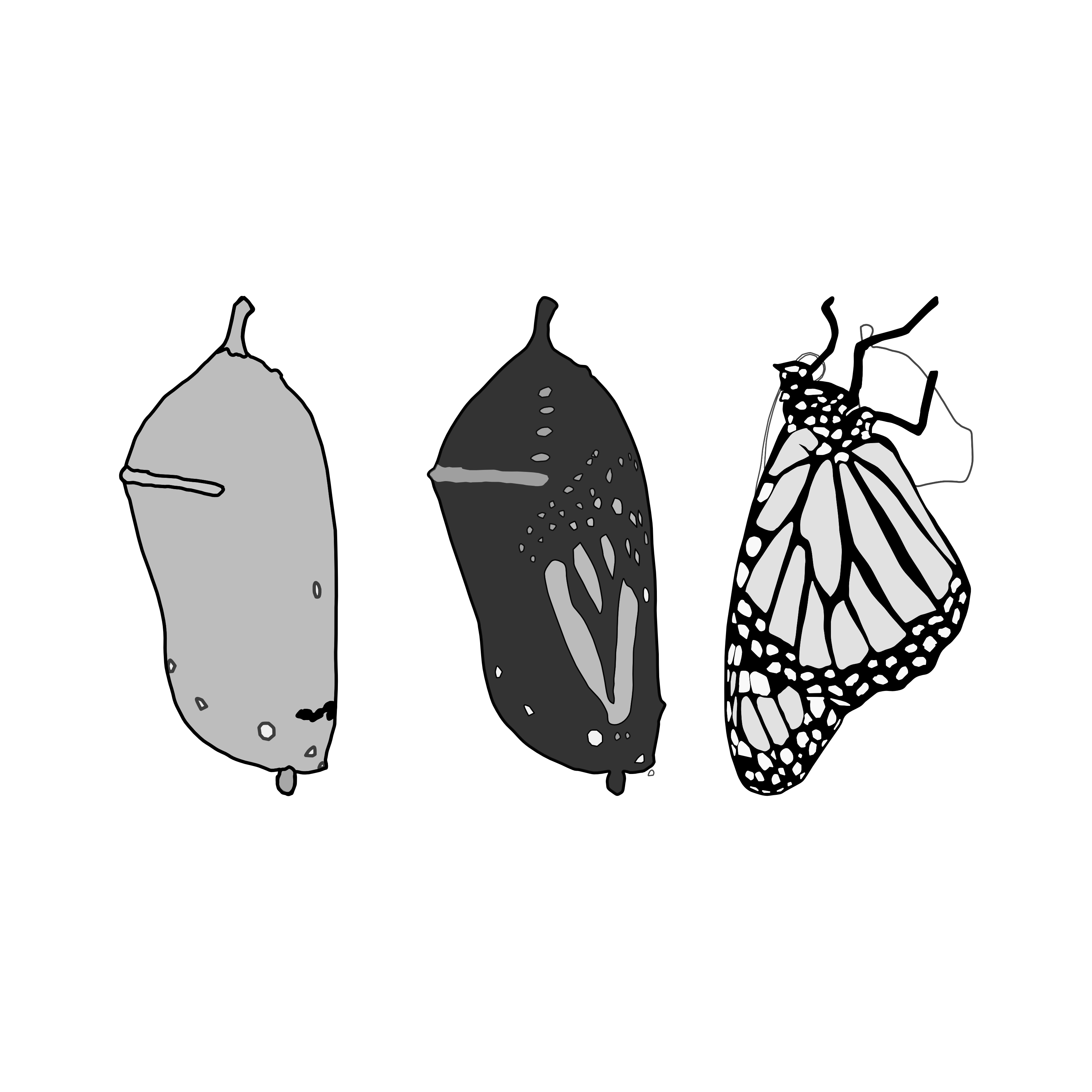My withdrawal journey off of SSRI drugs started innocently enough in the spring of 2015… little did I know what I was about to be catapulted into.
(You can read my whole SSRI story here.)
By 2017 I found myself neck-deep in the layperson withdrawal community, helping to run one of the larger facebook forums dedicated to antidepressant withdrawal. I credit the information and the people in that forum, as well as the wider layperson community, with saving my life.
Hundreds of thousands of us have learned the hard way that there is basically no meaningful medical help or guidance available to us. Our doctors don’t believe us… they mean well but at best they offer solutions that don’t help anything in the long run, and at worst they offer solutions that actually inadvertently cause further harm. Even holistic kinds of practitioners who more readily acknowledge that stopping is extremely difficult, still don’t usually know how to help. The sick and suffering are leading the sick and suffering through the fire, figuring things out by trial and error as we go. There is actually something really beautiful about the camaraderie and mutual aid, but we’re alone and terrified in largely uncharted territory.
There is quality research beginning to come out finally, and it’s compelling enough that the United Kingdom’s Royal College of Psychiatry actually changed their official deprescribing guidelines–which is a huge deal. (That would be like the American Psychiatric Association changing their official guidelines). But generally speaking there is still an enormous gap between what we experience and what our practitioners of all kinds know.
Recently a friend and teacher of mine in the herbal world suggested that I create a class specifically for herbal practitioners who are trying to support clients coming off of prescribed psychiatric drugs. She said that it’s not uncommon for herbalists to see clients who are struggling with this, and that there is a real need in the herbal community for the kind of information I have. What a brilliant idea! I have been wondering for a long time how I can integrate these two passions of mine–herbalism and harm-reduction withdrawal–and here was an answer about where to begin. Indeed the class, now almost complete, has basically written itself in record time.

While I have a ton of information that’s pertinent to an herbalist’s (or any practitioner’s) work with a client in withdrawal, I don’t have as much to share about specific herbs or herbal protocols for consideration. Part of why is that herbs are for people, not just symptoms in a vacuum, and so when creating a protocol for anything you’re assessing each individual person and formulating for them. It’s never one-size-fits-all which is part of what I love about it, and only so much can be generalized. An added layer is that the nervous systems of people in withdrawal can become so overly-sensitive that paradoxical and unexpected reactions sometimes occur with the introduction of even very gentle herbs or supplements. This means that even if an herb might otherwise be a wonderful fit for someone, they may not be able to work with it. Also, because withdrawal itself is still pretty poorly understood, it can be hard to know what might actually bring real relief or healing. Ask anyone in the withdrawal community who can tolerate introducing new things and most of us will tell you we’ve thrown the kitchen sink at this trying to find anything that helps even a little.
Sometimes people in the withdrawal community ask me about herbs–and I don’t even think most of those people realize that I am an herbalist in my “other life” outside the withdrawal world. I never want to make specific recommendations because of the reasons I just shared and more. But there are some herbs and mushrooms that have helped me along the way, and some others in the queue that I think might help me.

It occurred to me as I was creating this class for practitioners that I could also begin to write about how I am working with herbs specifically in terms of supporting my own continued withdrawal-related healing. You know, a “here’s what I’ve been working with, here’s why, and here’s how it’s going” sort of thing. I may not be comfortable making specific recommendations to others, but I am comfortable sharing what I’m doing for myself. So I’m going to become my own case study and write about my practice-based evidence. Really I have been my own case study this whole time, but I haven’t been documenting my journey with the specific intention of sharing it with others. I’m not sure how it will go but it’ll be interesting to find out. And even though I’ll only be writing from my own personal experience hopefully there will be some helpful things to glean for herbal practitioners, for my fellow withdrawal pioneers, and for anyone else who’s interested in learning more about all this.
Stay tuned… I’ll be writing about my experience with Lion’s Mane mushroom first.
Disclaimer: For educational purposes only. Nothing I ever share is medical advice. I am never telling you what to do/take/etc. I am never guaranteeing any specific results. I am simply sharing my experience and offering food for thought. Please do your own research, draw your own conclusions, talk with your own qualified practitioner(s), do whatever else it is that you do to feel empowered and confident, and go from there. You are the expert of your own experience and you are the one most qualified to know what’s right for yourself.
